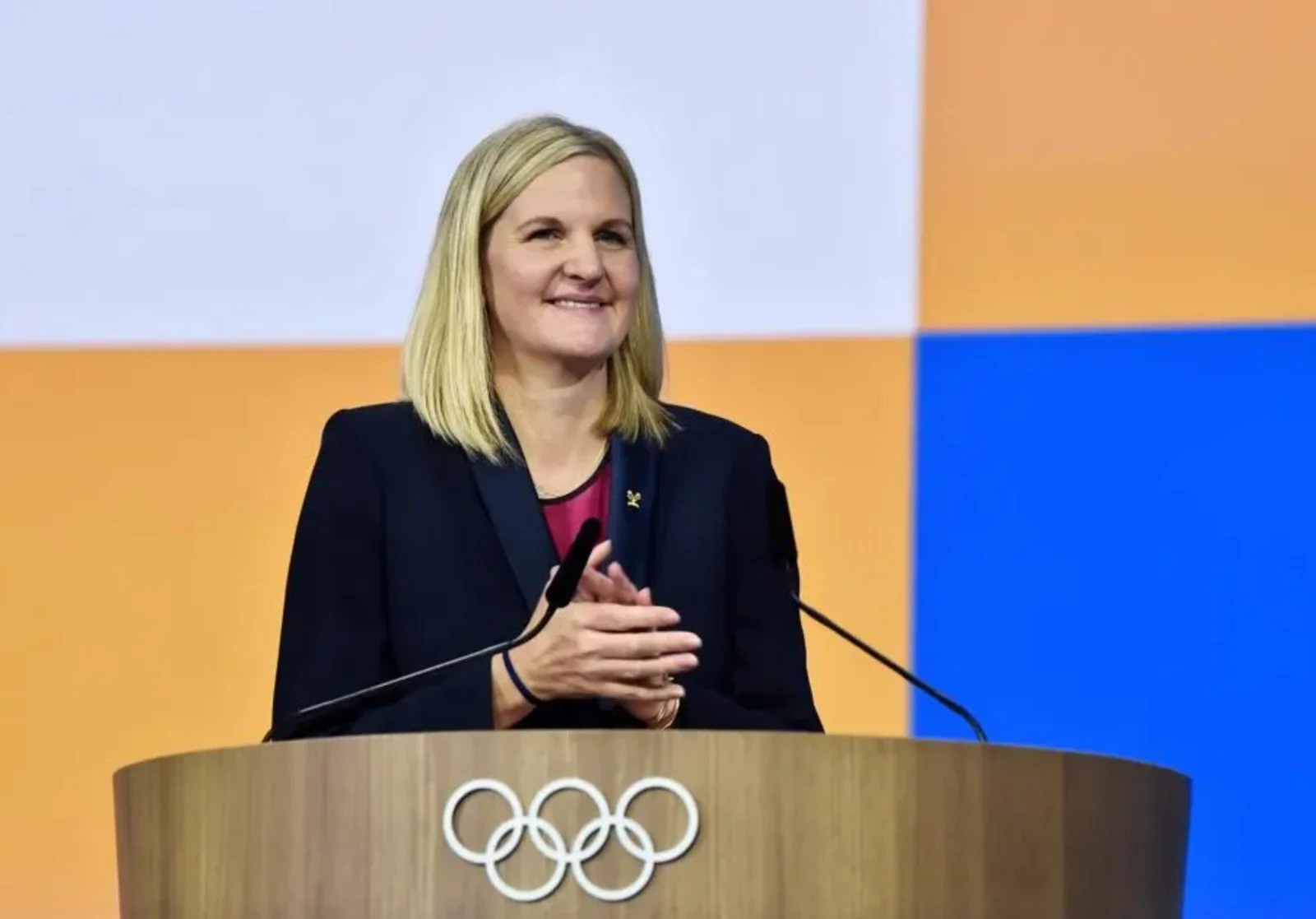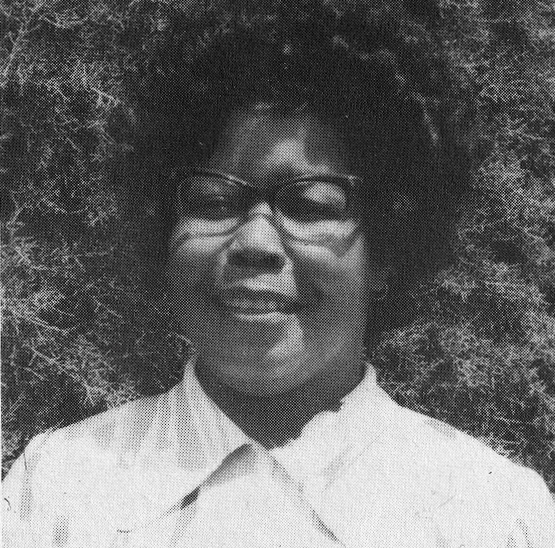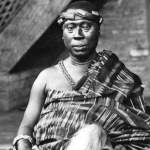Now Reading: Kirsty Coventry Becomes First Woman and African IOC President
-
01
Kirsty Coventry Becomes First Woman and African IOC President
Kirsty Coventry Becomes First Woman and African IOC President

The former Olympic swimming champion secured a surprising first-round victory with 49 out of 97 votes, enough for an immediate majority. Her win marks a ground-breaking moment in sports leadership, breaking long-standing barriers in one of the world’s most influential athletic organizations.
The result was a major setback for Britain’s Sebastian Coe, who had been considered the frontrunner. A two-time Olympic gold medallist and former head of World Athletics, Coe also played a key role in organizing the 2012 London Olympics. Despite his credentials, he finished third with just eight votes, behind Spain’s Juan Antonio Samaranch, who received 28 votes.
After outgoing IOC President Thomas Bach confirmed her victory, Coventry reflected on her extraordinary journey from a young swimmer in Zimbabwe to one of the most powerful figures in global sports. “The young girl who first started swimming in Zimbabwe all those years ago could never have dreamt of this moment,” she said. “I am proud to be the first female IOC president and the first from Africa. I hope this inspires others. Glass ceilings have been shattered today, and I understand my role as a model for others.” She also pledged to use sports as a force for unity and opportunity, stating, “Sport has a unique power to unite and create opportunities for all. I am committed to making sure we use that power to its fullest.”
Coe had campaigned as a reformist, pushing for greater transparency and stronger support for women’s sports. However, his strained relationship with Bach may have hurt his chances. The tension between them began in 2016 when World Athletics, under Coe’s leadership, banned Russian athletes from the Rio Olympics over state-sponsored doping, a decision that conflicted with the IOC’s stance at the time.
While Coventry’s election is historic, it has not been without controversy. She currently serves as Zimbabwe’s sports minister under a government facing British sanctions over human rights and governance concerns. Some critics also worry that she may continue Bach’s leadership style, particularly after he was named honorary president.
Coventry will officially take office on Olympic Day, June 23, succeeding Bach after his 12-year tenure. Her presidency represents a new chapter for the IOC, one that could inspire greater diversity and inclusion in the world of international sports.






























